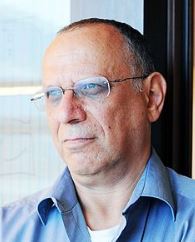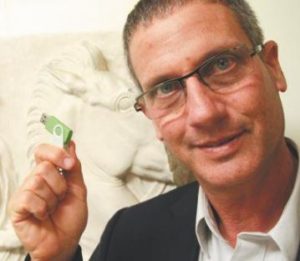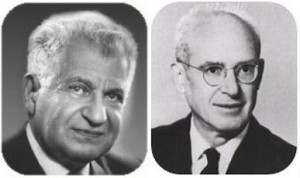The Ultimate Survivor
Shaul Paul Ladany (b. 1936) was born in Belgrade, Yugoslavia. When he was 5, the Nazis bombed his hometown and his family fled to Hungary. A few years later, with nowhere else to turn, his parents hid him in a monastery. The plan failed and the whole family was caught and sent to the Bergen-Belsen concentration camp where they spent six months. Many of them died there, but Ladany and his parents were lucky to be saved by a group of American Jews who ransomed out 2000 prisoners. In 1948, the family made aliyah to Israel. There, Ladany earned a Master’s in Engineering from Technion. He later got a Ph.D from Columbia University. During his studies, Ladany trained himself to become a marathon runner, then switched to race-walking. He would go on to win 38 national titles globally, and set a new world record that stills stands to this day (50 miles in under 7 and a half hours). He participated in his second Olympic games in Munich in 1972, wanting to make a statement as a Holocaust survivor competing in Germany. The night after his race, Palestinian terrorists broke into the Israeli quarters. Ladany managed to escape by jumping out of his window, and rushed to notify the authorities of the attack. Sadly, 11 of the 16 Israelis were killed. Ladany went back to race-walking soon after, winning a gold medal at the World Championships the same year, then breaking more records, and becoming the first person to ever win both the American Open and American Masters championships. Despite his age, Ladany continues to compete, setting another record in 2006 as the first 70 year-old to walk 100 miles in under 24 hours. He recently swam across the Sea of Galilee, and did a 300 km walk across Europe. It is estimated that he has walked over half a million miles over his life. On top of this, Ladany was a professor of industrial engineering for over 30 years, publishing over 120 scholarly books and articles (in addition to an autobiography), and has lectured in universities around the world. He holds eight patents, speaks nine languages, and has been inducted into the International Jewish Sports Hall of Fame. Unbelievably, he has also defeated both skin cancer and lymphoma – no wonder that he has been nicknamed “the Ultimate Survivor”. He still walks at least 15 kilometers every day.
Words of the Week
A person should have two pockets in his coat. One should contain the Talmudic saying: “For my sake was the world created.” In the second pocket he should keep the Torah verse: “I am but dust and ashes.”
– Rabbi Simchah Bunim of Peshischa




